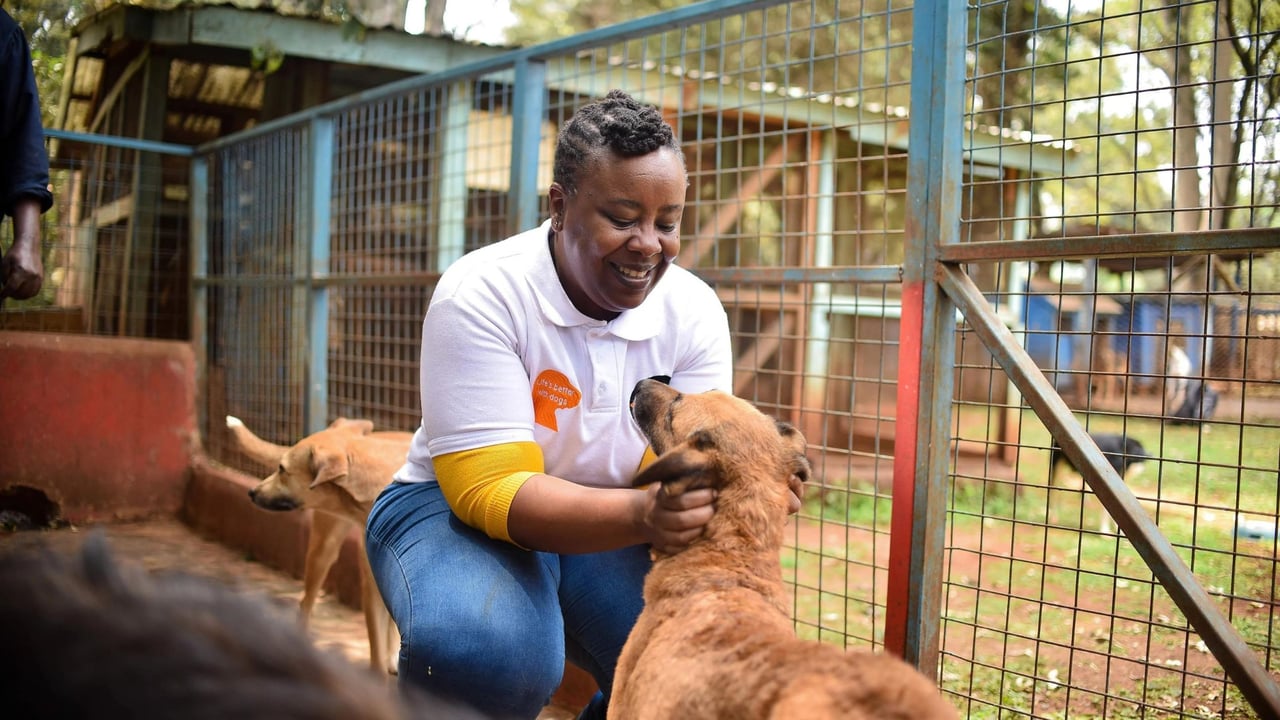
Our Campaign History
Moving the World for Animals Since 1950
Learn about some of the ways we have made and continue to make for animals around the world by browsing our past campaigns below.
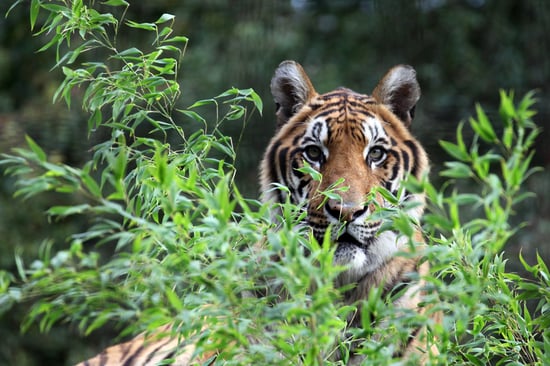
Big Cat Public Safety Act Passes in Congress
In 2022, Congress passed The Big Cat Public Safety Act, which bans the private possession of big cats like lions, tigers, and jaguars, as well as the cruel cub petting industry, which sells interactions and photo ops with cubs.
Learn more about the Act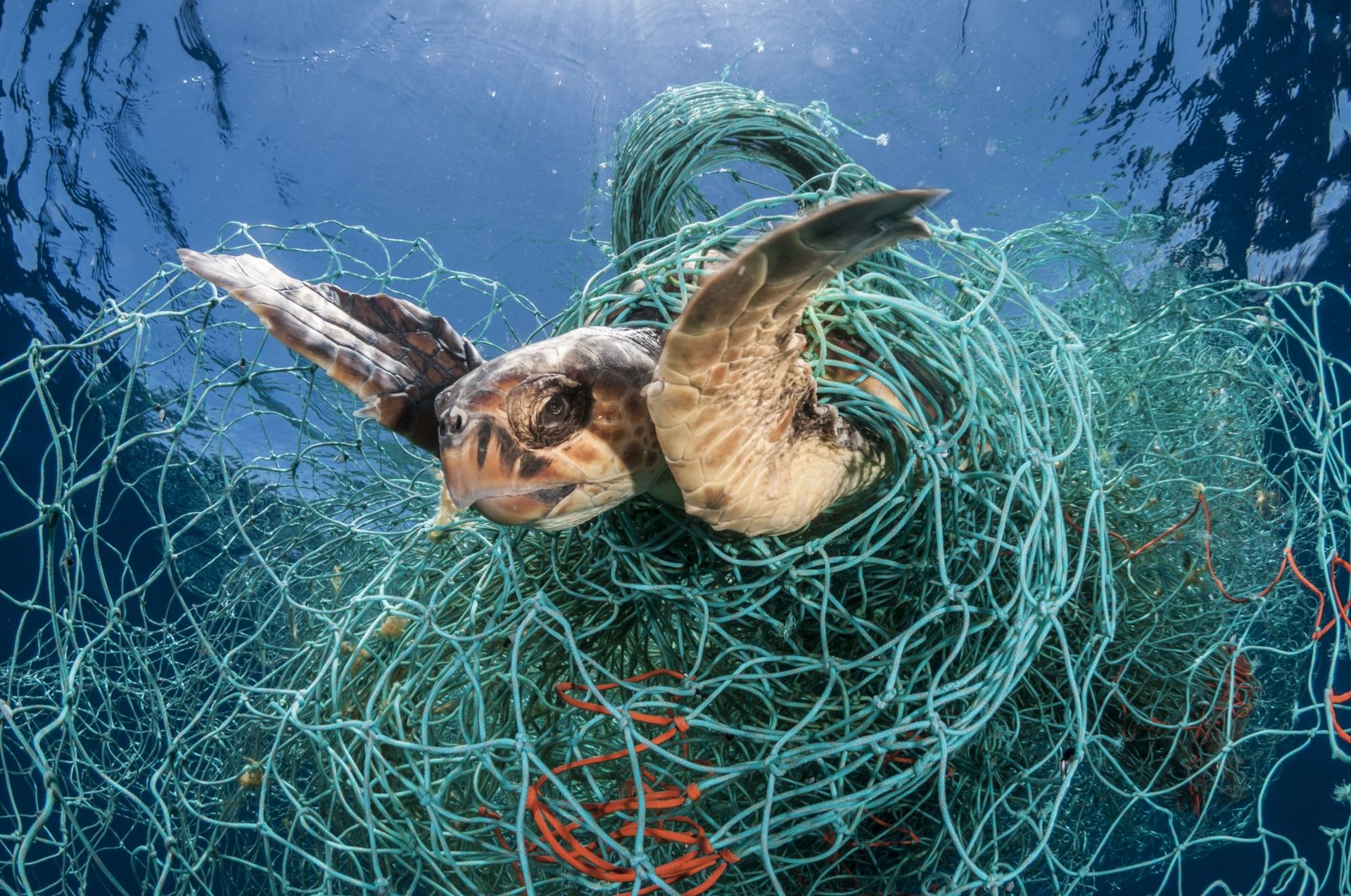
Sea Change
Lost and discarded commercial fishing gear (also known as “ghost gear”) is one of the largest threats to marine life. In 2014, our “Global Ghost Gear Initiative” (GGGI) began calling on the United Nations to address ghost gear globally, and in 2017 the UN agreed to rollout a global strategy, including tagging fishing nets, to ensure animals are less likely to be killed or entangled in abandoned fishing gear. In 2018, the UN adopted official guidelines and the European Union established ambitious targets for collecting and recycling fishing equipment. In 2019, Ocean Conservancy took leadership of GGGI and is carrying this important work forward.
Learn more about Sea Change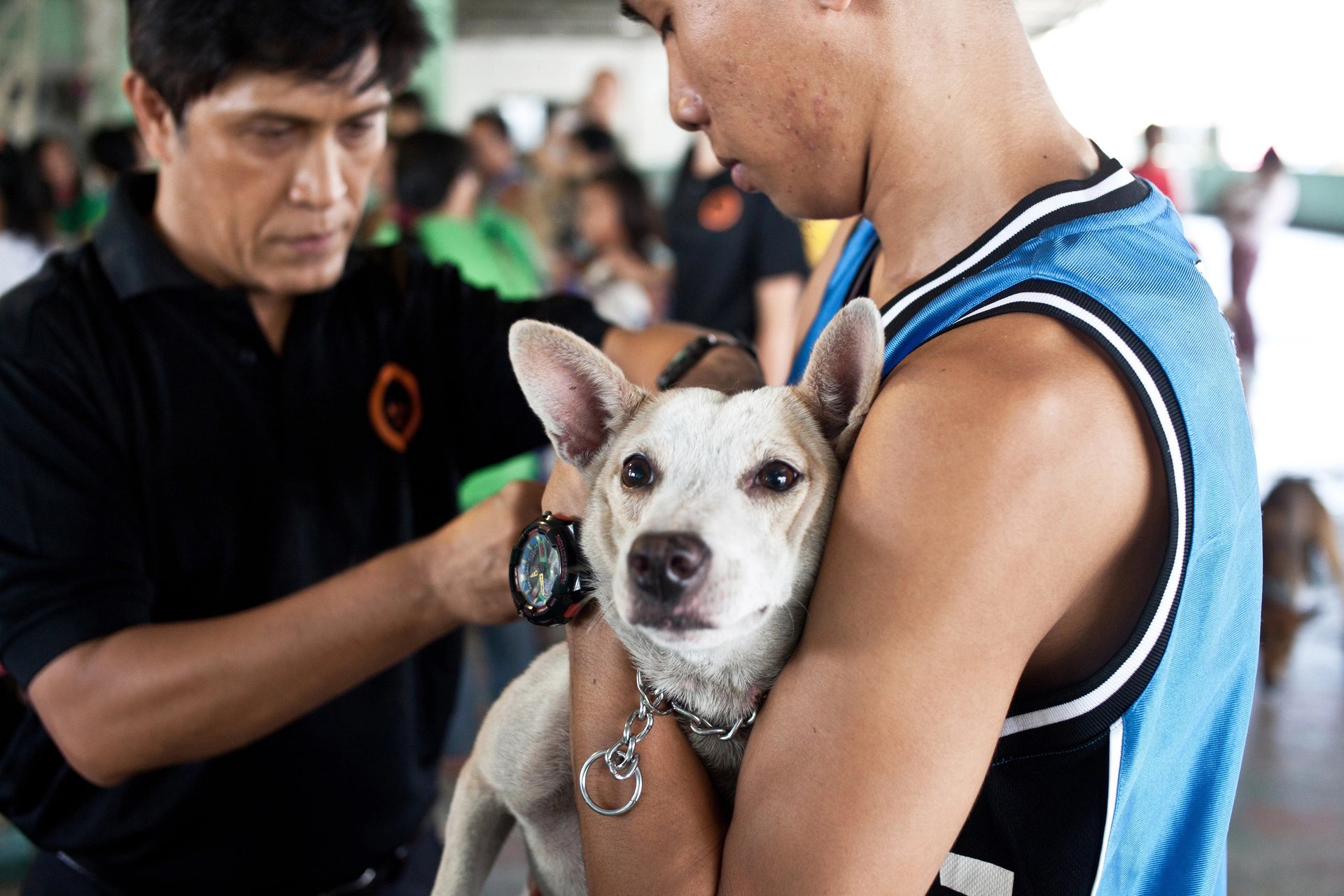
Better Lives for Dogs
Dogs have an important role in many families and communities. But around the world, stray dogs may be inhumanely culled primarily in misguided attempts to control or eliminate rabies. Vaccinating 70% of dogs in an area can fully eliminate rabies. By 2020, our Better Lives for Dogs campaign gave out 1 million vaccinations across Africa and Asia to help protect dogs from suffering. In 2020, we partnered with the World Small Animal Vet Association to provide its member vets with resources and training to ensure dogs are treated humanely and are protected from rabies. We continue this important work in key countries, including India and Thailand.
Our Work for Dogs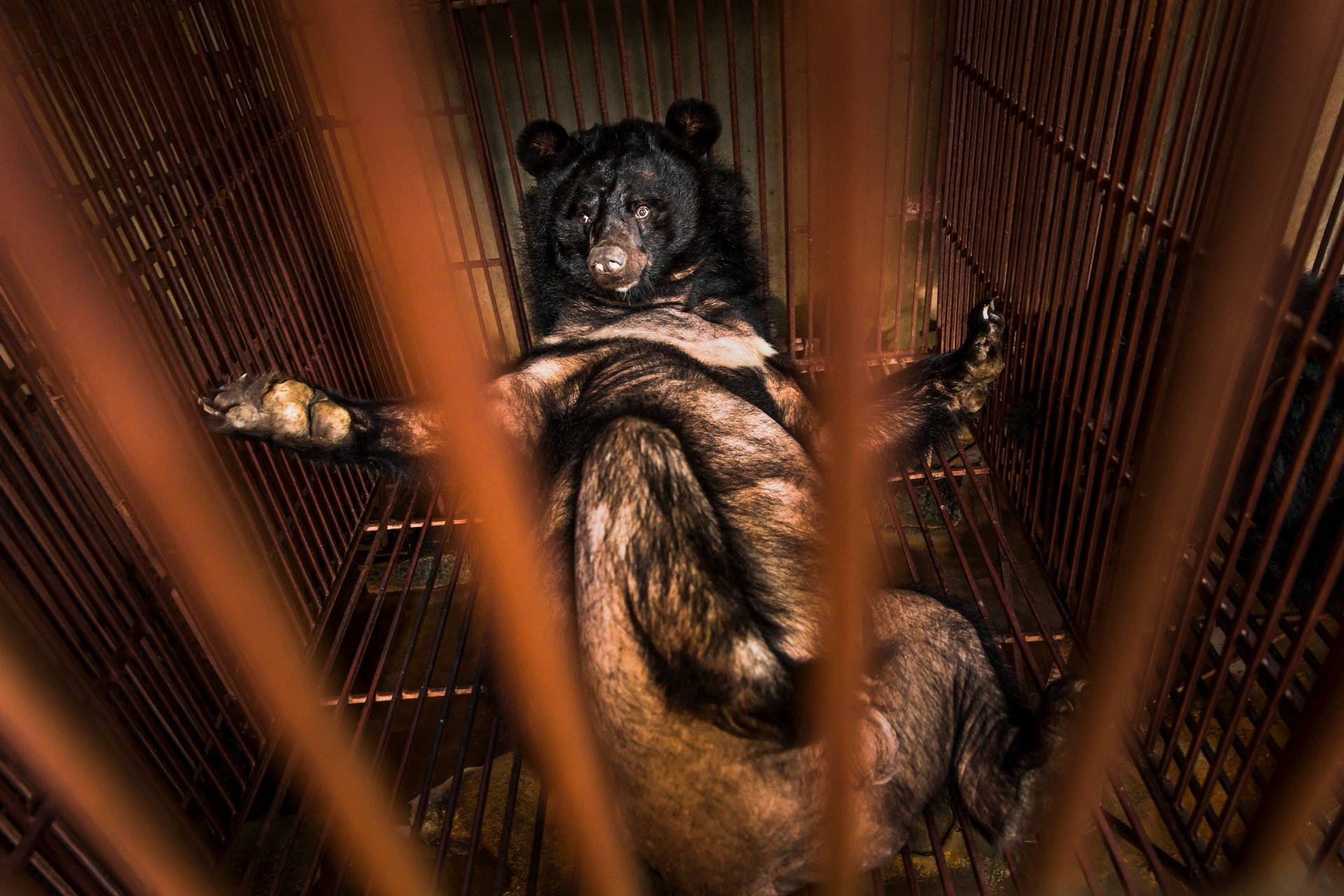
Bear Baiting
In 1993, we began exposing the illegal blood sport known as bear baiting and started an international campaign to move the Pakistan government to end it. We partnered with Pakistan Bioresource Research Centre (BRC) to open the Balkasar sanctuary, identify alternative livelihoods for bear owners, and help rescue and relocate bears. As of 2019, we reported no bear baiting events took place in Pakistan.
Our Work for Bears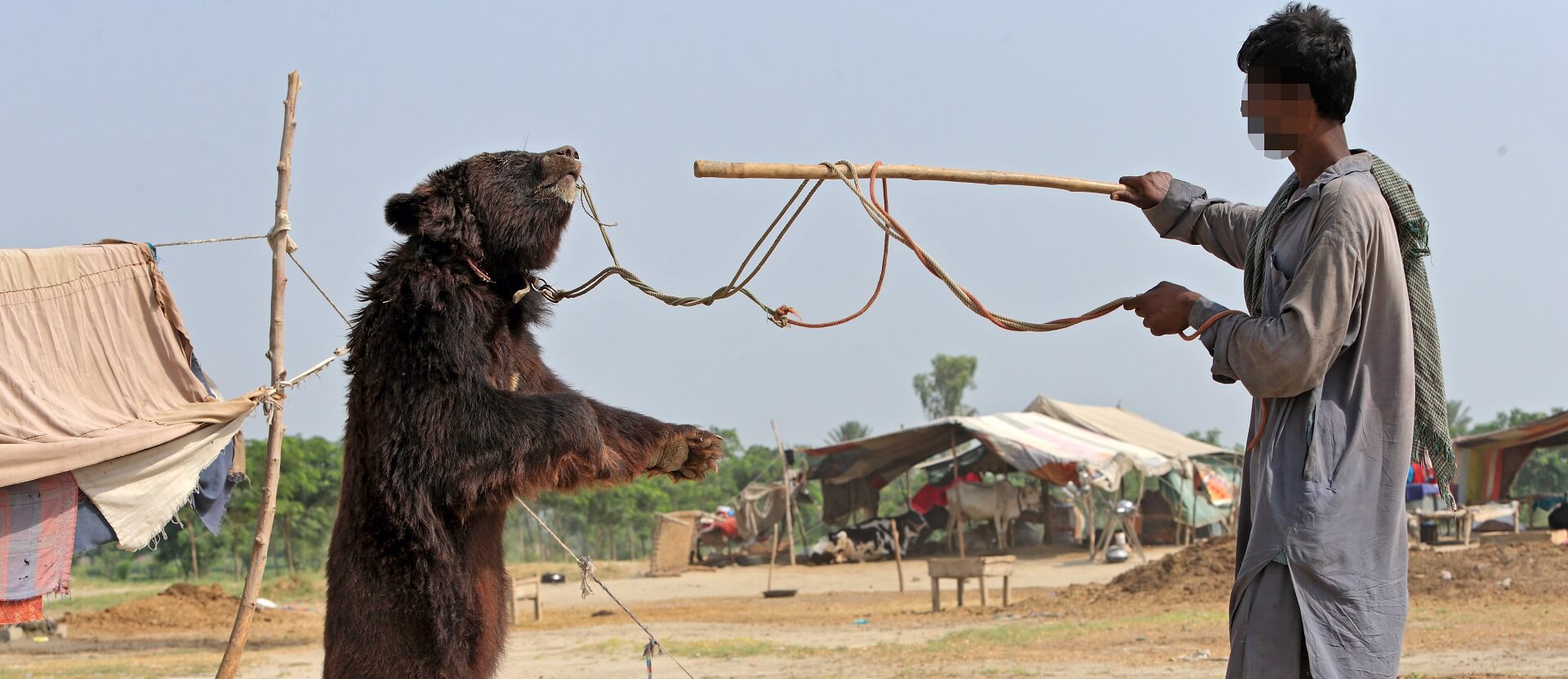
Bear Dancing
Bear dancing is a cruel spectacle where bears who have been taken from the wild as cubs are forced to ‘dance’ on the streets. The bears are trained using incredibly cruel methods and live in a constant state of pain and fear. We’ve been rescuing bears from bear dancing for over 20 years alongside other organizations, have helped end the practice in Greece and Turkey completely, and in 2017 helped to rescue the last two dancing bears in Nepal. We’ve been partnering with the Pakistan Bioresource Research Centre (BRC) and with Balkasar bear sanctuary to provide a peaceful home to rescued bears who cannot be released into the wild.
More on the Latest Rescue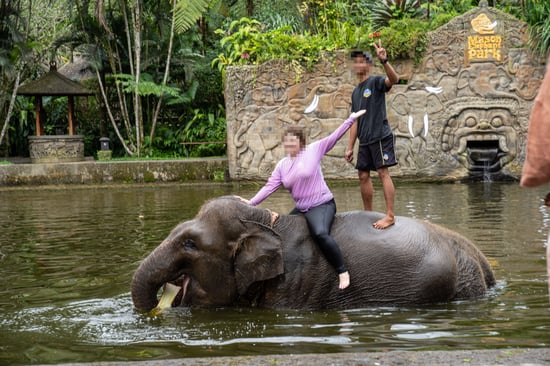
Elephant Rides
We exposed the cruelty behind elephant ride activities popular in many tourism destinations, which often steal elephants from the wild and train them using cruel breaking methods. Our “Taken for a Ride” report helped shine a light on this cruelty in 2017 and by 2018 over 200 travel companies had committed to ending elephant rides and shows. There is much more work to be done, and we continue to fight for ending captive elephant entertainment. Forever.
Learn more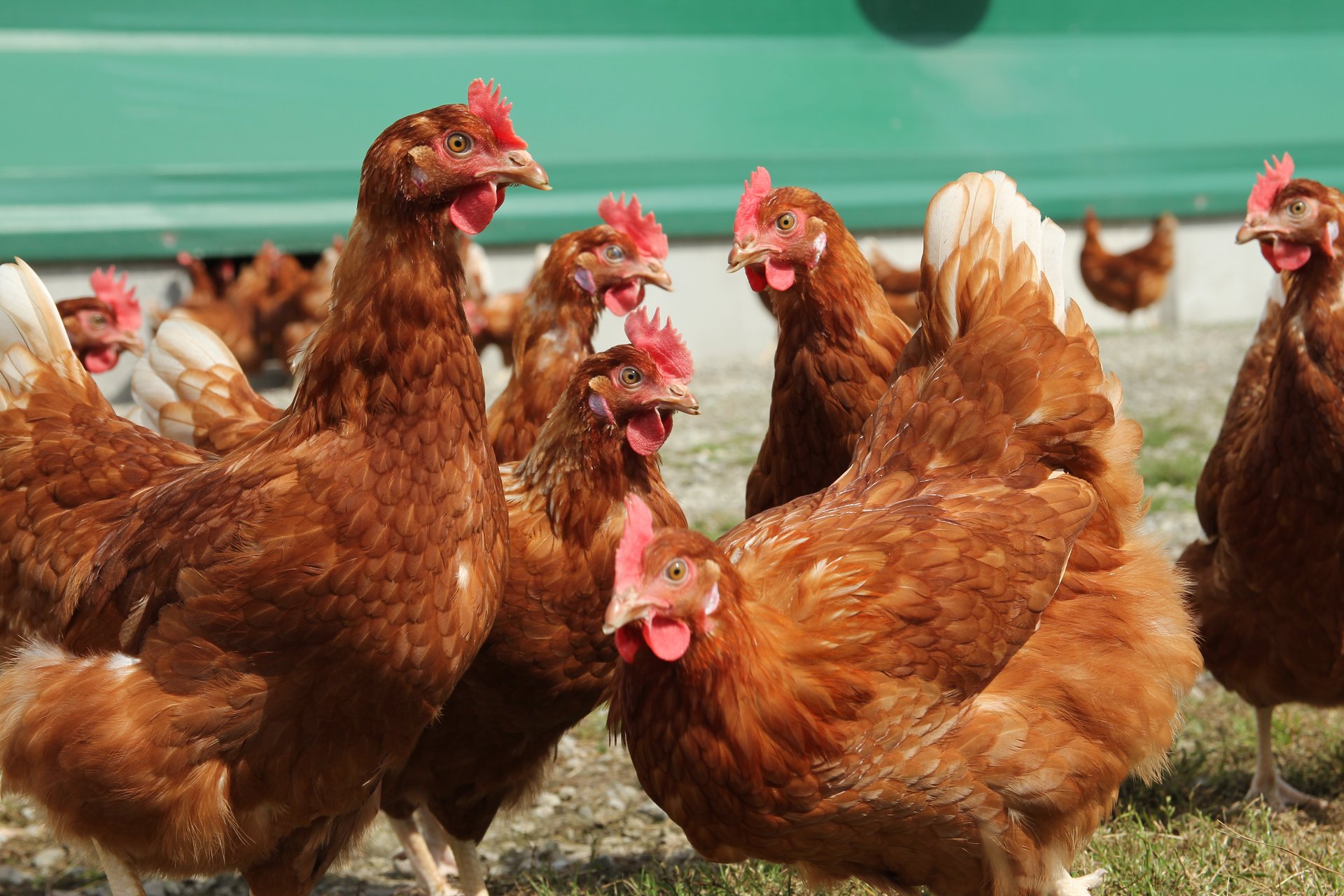
Proposition 12 Passes in California
In 2018, California approved Proposition 12, which requires all mother pigs, egg-laying hens, and veal calves farmed in California to be provided with cage-free housing and more living space, and that all meat sold in California from out-of-state producers must meet the same standards of in-state producers.
More about Prop 12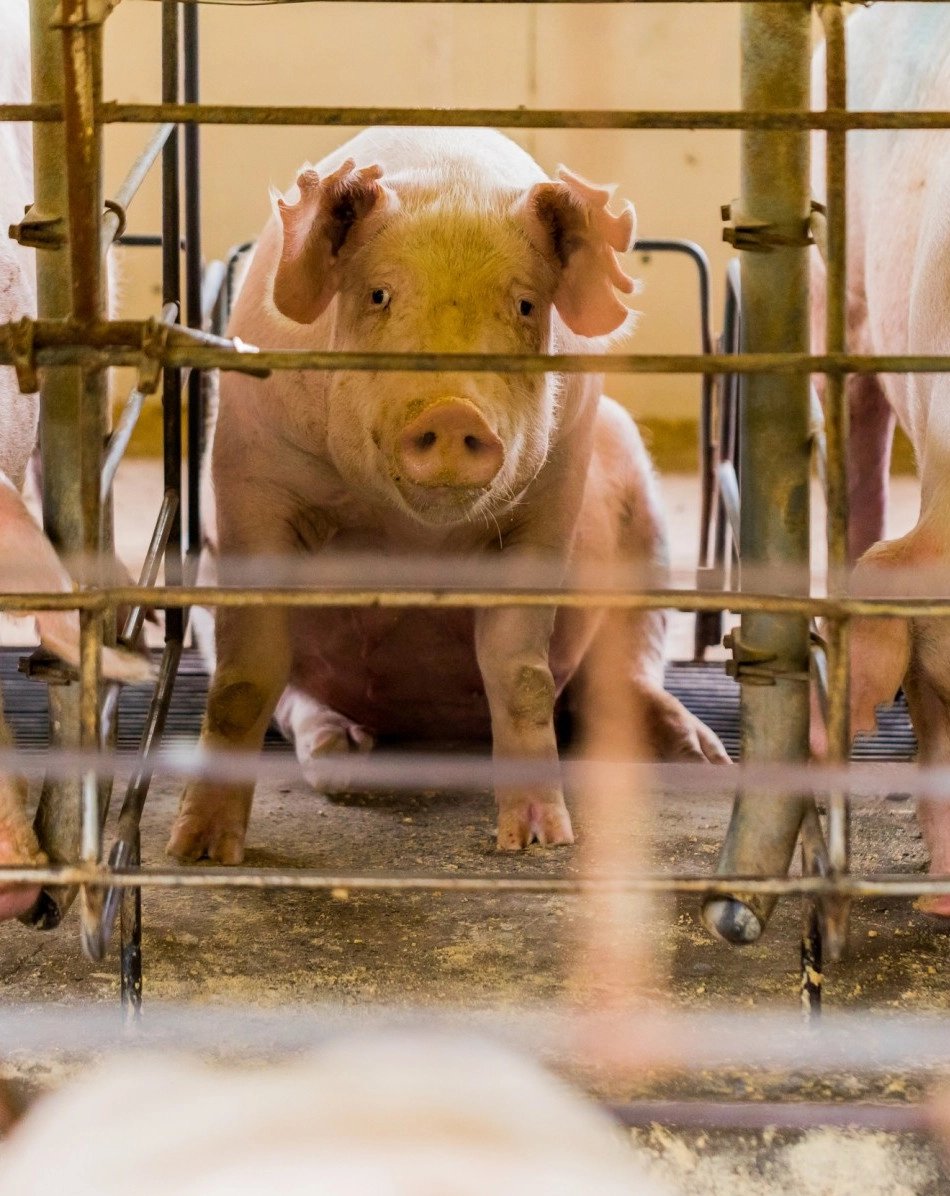
Business Benchmark on Farmed Animal Welfare
The “Business Benchmark on Farmed Animal Welfare” report exposed how many of the world’s biggest food and restaurant brands are ignoring animal welfare concerns.
Download the Report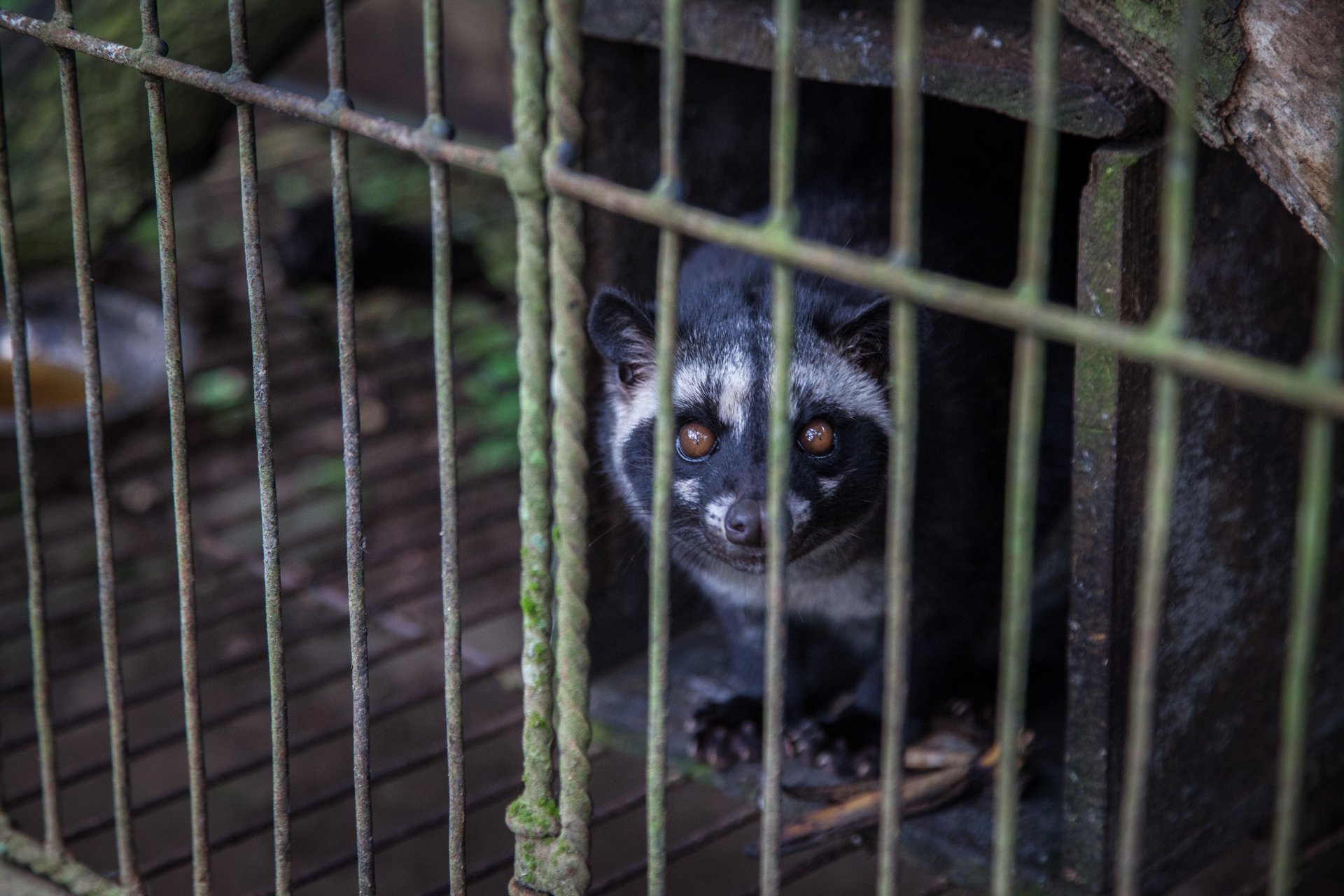
Civet Coffee
Civets—small, nocturnal mammals native to tropical Asia and Africa—eat and excrete coffee beans, a natural behavior that became a popular origin source for “luxury” coffee, called civet coffee. In response to rising demand, producers began capturing and caging civets to increase productivity, a cruel practice that resulted in injury and stress for the animals. We campaigned against caged civet coffee and successfully moved at least 13 retailers, including Harrods in the UK, to take civet coffee off their shelves or investigate their suppliers. We also worked with certification bodies to explore how certified producers can avoid sourcing caged civet coffee.
Keep Reading
Wildlife Selfie Code
Tourists visiting the Amazon rainforest seeking photos of the wild animals seen on their adventure to post on social media likely do not realize the harms associated with staged animal photo opportunities. The increasing popularity of sloth selfies, in particular, contributed to the growth of a cruel industry capturing and forcing these animals to pose for tourist selfies. In 2017, after groundbreaking World Animal Protection research and 250,000 people signing our Wildlife Selfie Code, Instagram launched a new warning that would pop up when users search for specific hashtags related to wild animal selfies.
Get the Full Story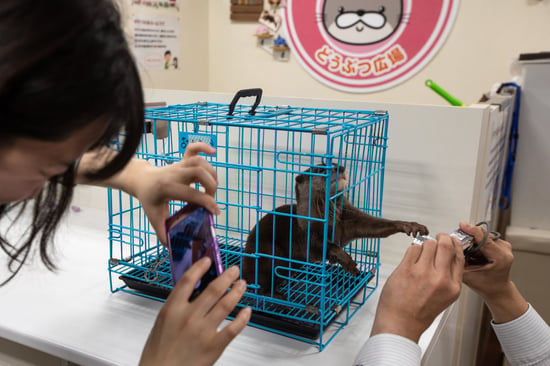
Otter Cafes
Wild otters are poached from their homes, confined in terrible conditions and irresponsibly bred to supply a social media craze: otter cafes. Cafes in Japan and other countries in Asia popularized the idea of otters as pets, fueling the cruel hunting, trafficking, and breeding of otters across Japan, Thailand, and Indonesia. Following an undercover investigation by World Animal Protection in 2019, the Convention on International Trade in Endangered Species of Wild Fauna and Flora (CITES) increased protections for two otter species at high risk of exploitation.
Learn more